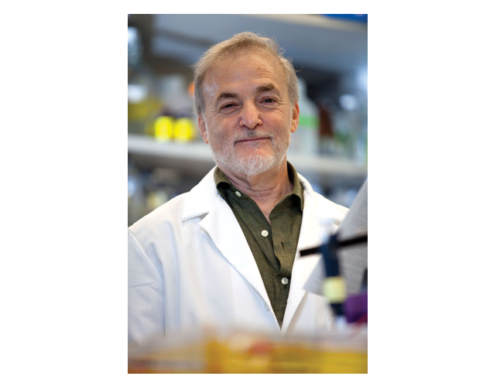The Cancer Epigenetics Society is very excited to announce the appointment of Dr. Raul A. Urrutia as the Society’s Chief Science Officer.
Dr. Urrutia joins the leadership of the Cancer Epigenetics Society from the Mayo Clinic at Rochester where he holds full Professorships in Medicine, Biochemistry and Molecular Biology, and Biophysics. Dr. Urrutia is also the Director of Epigenomics Education and of Academic Relationships, Consultant for the Division of Gastroenterology and Hepatology, Consultant for the Department of Physiology and Biomedical Engineering, and Member of the Diagnostic Odyssey Functional Validation Program at Mayo’s Center for Individualized Medicine. He is also Director of the GI Unit, Director of the PhD Program in Tumor Biology, and Associate Director for Genomics at the Mayo Clinic General Clinical Research Center. Starting of July 2017, Dr. Urrutia will become Professor of Surgery and take over the responsibility of the Wisconsin Medical College Human and Molecular Genetics Center as its Director where he will lead its genomics and epigenomics efforts.
Dr. Urrutia was first to establish a cancer epigenetics research program at the Mayo Clinic some 25 years ago, and was for example one of the first to show that histone deacetylases (HDACs) silence gene promoters via the sequence-specific recruitment of SIN3A-containng complexes. He has also uncovered several epigenetic pathways involving HDACs, lysine histone acetyltransferases (HATs), and histone methyltransferases (HMTs) in cancer pathogenesis. Dr. Urrutia has since conducted some of the nation’s leading research in GI tract cancer epigenetics, particularly in pancreatic cancer. Dr. Urrutia is a Member of the International Association of Pancreatology Board, has served as the Chair of the Pancreatic Diseases Section of the American Gastroenterological Association, and as the President of the American Pancreatic Association.
The Cancer Epigenetics Society is looking forward to Dr. Raul Urrutia’s leadership of its scientific programs and to further establishing epigenetics as one of the leading fields of basic, translational, and clinical cancer research (Cancer Epigenetics Society news; May 16, 2017).






